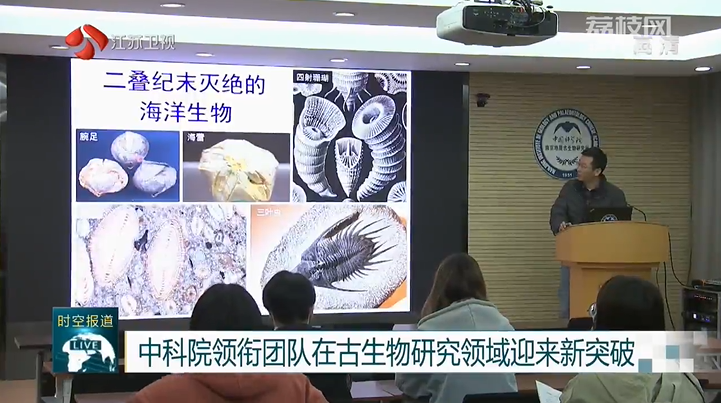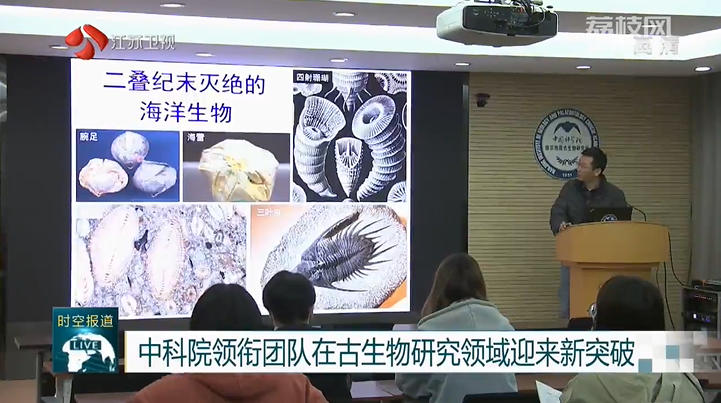A significant lack of oxygen may be the cause of the largest mass extinctions of marine life in Earth's history some 252 million years ago, researchers have found.

The research was jointly conducted by Chinese scientists with the Nanjing Institute of Geology and Palaeontology of the Chinese Academy of Sciences and researchers from Nanjing University.
A paper on the finding was published on November 17 in the online issue of Science Progress.
There have been five known mass extinctions in the history of Earth. The mass extinctions at the end of the Permian period, some 252 million years ago, wiped out more than 80 percent of marine life as well as much of it on land. For decades, scientists have theorized about various causes of the extinctions, including celestial impact, ocean acidification, and extreme global warming.
The researchers focused their study on a stratigraphic section in Changxing County in east China's Zhejiang Province, which was once an ancient ocean and records about half a million years of marine geological history before and after the extinctions.
By analyzing redox-sensitive elements in the formation samples, researchers found that during the mass extinctions, the ocean was exposed to an anoxic environment, and the situation remained unchanged for some time after the extinctions.
In addition, sulfur compounds commonly found in anoxic environments were found in the formation samples, which further indicated that the seawater at that time was oxygen deficient.






